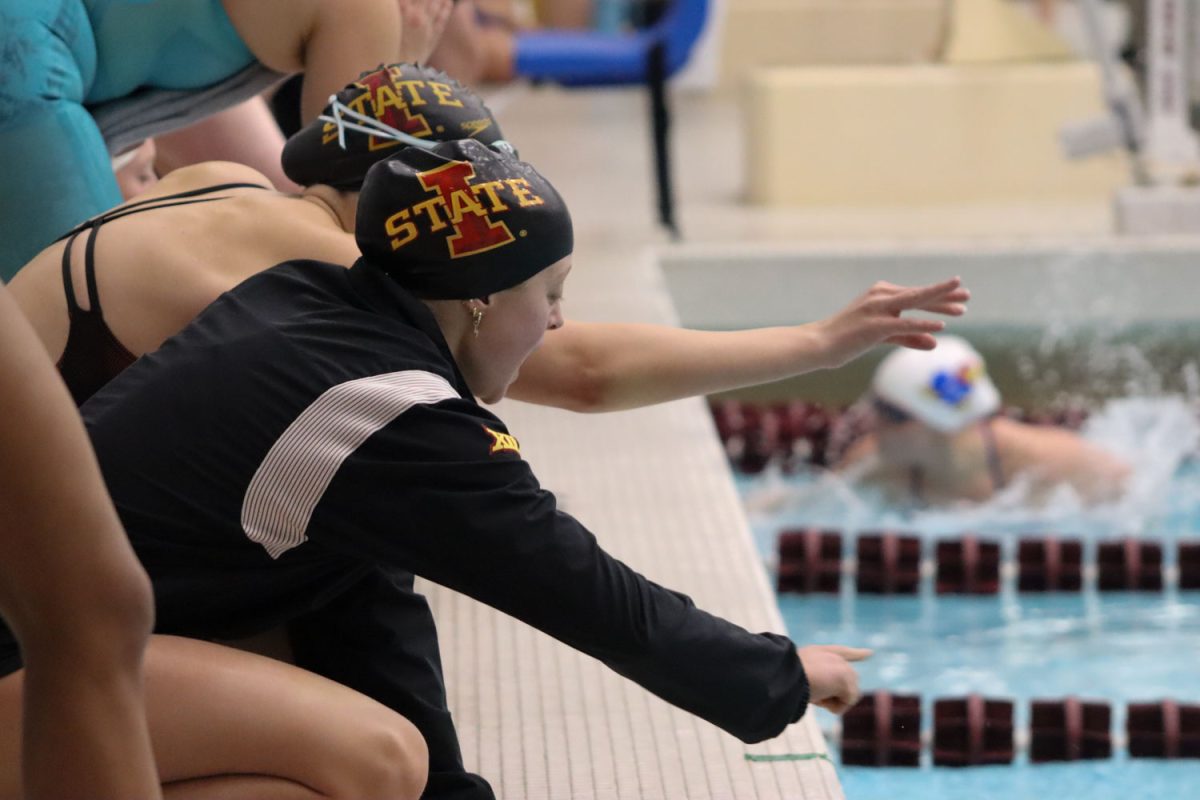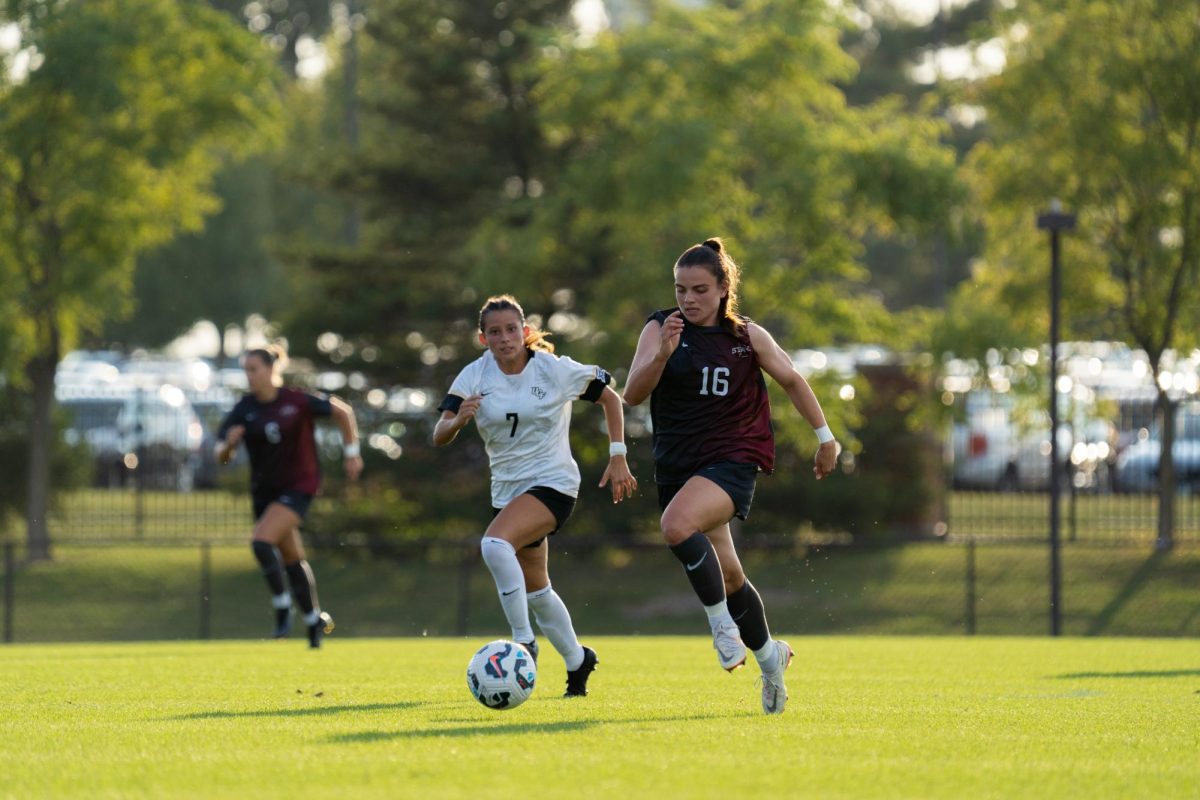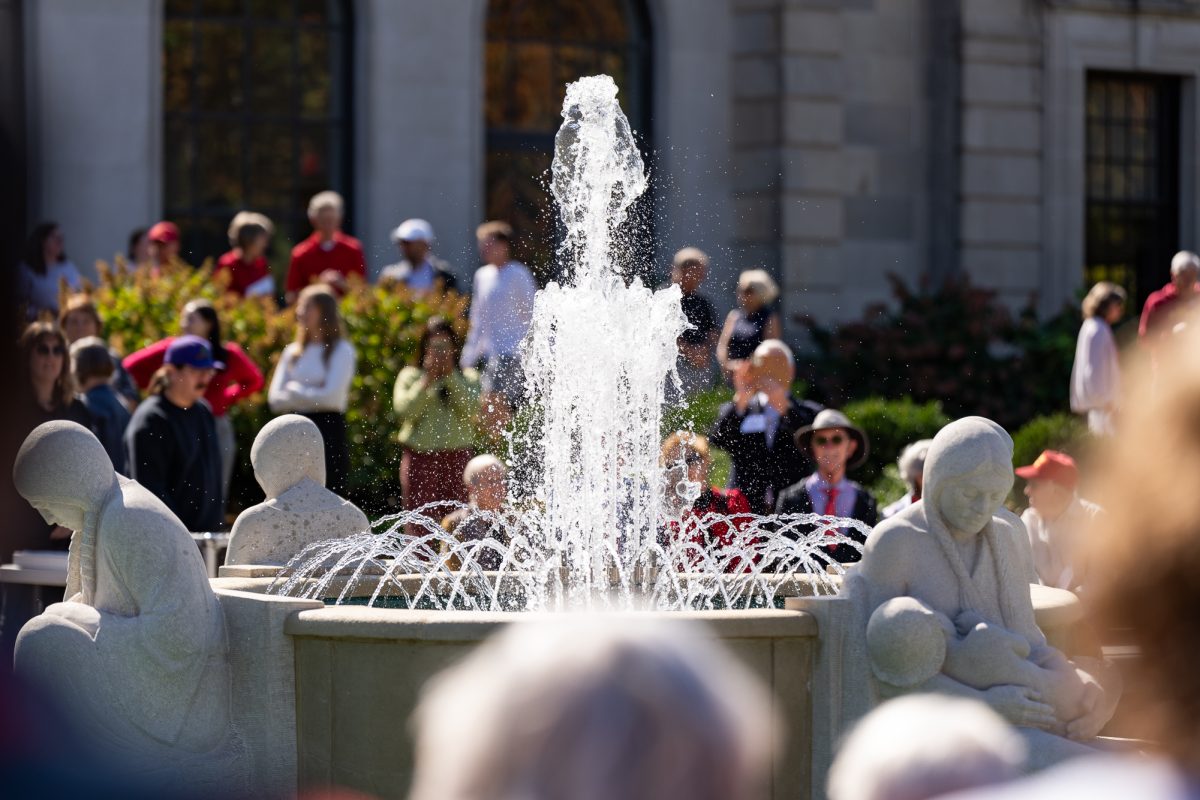‘Get a Grip’
July 15, 1999
About 65 teens from across Iowa gathered Tuesday for the ninth annual Get a Grip Conference at Iowa State.
The two-and-a-half-day conference, aimed at the prevention of drug and alcohol abuse, has two sessions and runs from Tuesday to Sunday.
Jeni Grotjohn, junior in family services and conference coordinator for Get a Grip, said the free leadership program is directed toward high school-aged students. High school is the time when it is believed that youth are under the most pressure for drinking and driving under the influence, she said.
Sponsored by the Governor’s Traffic Safety Bureau and the Iowa State Department of Public Safety, Get a Grip promotes being a leader and saying “no,” Grotjohn said.
The conference started in 1991, when the traffic bureau saw a rise in alcohol-related accidents, as a way to reach youth and try to curb the pressures of drinking and drug use.
Chuck Cychosz, crime prevention manager at Iowa State’s Department of Public Safety, said DPS has been involved with Get a Grip for a number of years, and has always taken a strong interest in prevention of drug and alcohol abuse.
Cychosz said he wanted students who attend the conference to return to their hometowns and “care about making their community better.”
Grotjohn said while at the conference, the teens play games with a unity theme and interact with students from other schools in ice-breakers and small group discussions.
The program has activities designed to show students how to become leaders in their communities and encourage adults to believe in teens, she said.
She said in one activity, the students write personal and community goals and fears on a piece of wood and then break the wood showing how they can “break through fears to reach goals.”
The students also will hear from two inspirational speakers, Bill Cordes, who has been with the program since 1991, and Frank Bell, ISU student service specialist.
Grotjohn said to get teens involved, coordinators send fliers to high schools across the state; students then apply and answer three scholarship questions.
Teens selected from the same school travel with their adviser, one for every four students, to Ames and stay in Friley Hall for the conference.
Grotjohn said high school students age 14-17 are encouraged to apply for the program, but students are discouraged from attending a second year because organizers like to leave room for new students. However, former conference attendees have the opportunity to apply to return as staff.
Grotjohn said she participated in the program in high school and came back the following year as a staff member before taking her post as coordinator of the event.






